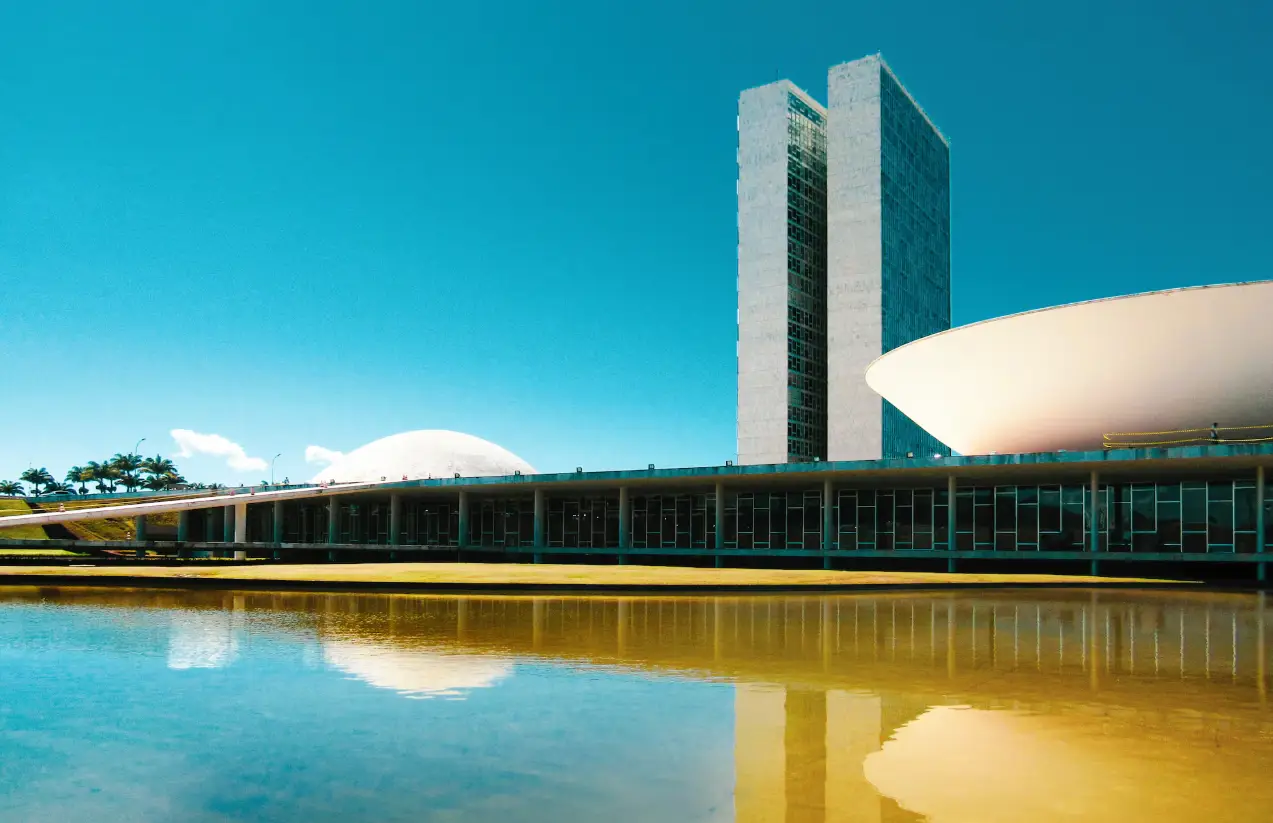On Thursday, September 11, the First Chamber of the Federal Supreme Court (STF) sentenced former president Jair Bolsonaro to 27 years and 3 months in prison for attempted coup d’état, attempted violent abolition of the rule of law, armed criminal organization, aggravated damages, and damages to a protected building. This is the first time a former president of the country has been convicted of crimes against the democratic rule of law established by the 1988 Constitution.
Bolsonaro’s conviction had an immediate international impact. The New York Times stated clearly that “Brazil succeeded where the United States failed.” Meanwhile, the British newspaper The Guardian declared that Bolsonaro was sentenced to “27 years in prison for leading a criminal conspiracy to overturn the 2022 elections and ‘annihilate’ democracy through a coup d’état.” The world witnessed the outcome of a “coup d’état” that, for many, was foreseeable and expected, but for many others would represent the materialization of a “state of exception” established in the country under the control of the judiciary.
There is no doubt that Brazil remains politically polarized, although with a significant reduction in the exacerbated and tense political climate of just a few months ago. Demonstrations of support for Bolsonaro are increasingly limited to the circle of sympathizers mobilized by evangelical churches, particularly led by Pastor Silas Malafaia. The most recent demonstrations in São Paulo did not exceed 40,000 supporters. In fact, after the conviction, there were no massive street mobilizations in support of an “unjustly treated” former president; no one gathered at the doors of military barracks, as before, to demand a “military intervention.” Only the most active federal deputies supporting Bolsonaro turned to social media to express their indignation, capturing the attention of their virtual “bubble” of sympathizers.
It is precisely this political and social “climate” following the former president’s conviction that allows us to reflect, in particular, on the possible need for a “political detox” of the country, something that has been discussed since 2022. At that time, reference was made to the damage caused by political polarization and the rise of intolerance, aggressive political discourse, and political violence in general. The country was perceived as “intoxicated” by the irrationality of polarization, by the inability to reflect in a public space that sometimes requires consensus and listening to different voices. Indeed, polarization spread to all areas of society, generating conflicts and damaging friendships.
However, the episodes that led to former president Bolsonaro’s conviction—whose corollary would be the violent demonstration in Brasília on January 8, 2023—suggest that Brazil’s political and cultural “intoxication” is not limited to polarization in electoral disputes. This “populist moment” is based on a medium- and long-term sociocultural characterization that must be highlighted to understand the current “intoxication.”
The existence of an anti-republican legacy in the country cannot be overlooked, linked to the widespread internalization of political authoritarianism and a questionable association of the social figure of the military, of the uniformed man, with the attributes of the “good citizen.” Civil and democratic life requires the necessary overcoming of a sociocultural legacy forged by the civic-military dictatorship of the 1960s and 1970s. It was this dictatorship that coined terms so recurrent today, such as “bum” or “criminal,” to describe dissidents, critics, or opponents. The country has made little progress in developing a political culture that distances itself from the authoritarian and militaristic legacy, and from its entire repertoire of antidemocratic, racist, and prejudiced elements.
It is important to understand that, currently, Jair Bolsonaro, in practice, maintains strong influence over 20% of the electorate, that “hard core” of sympathizers, composed essentially of conservative individuals who existed long before his public and media emergence. Bolsonaro did not actually lead a broad, organized mass movement of the right and far right with an ideology and objectives centered on him; he merely represented the synthesis of a sociocultural process supposedly instrumentalized by the historical holders of economic and political power. It is possible that they will soon find a substitute capable of meeting new historical challenges.
We must not overlook the harmful and “toxic” role that the use of social media and disinformation has played in the development of ideas and concepts in a society that has become rapidly and fragilely politicized in recent years. Political strategies based on TikTok, fake news, and the circulation of doctored images of dubious origin have completely replaced the practice of debate and political ideas, functioning as a fiction capable of consolidating itself as truth. People have come to accept false and misleading content as valid in exchange for a firm sense of belonging to a social and political group—content that exploits cultural contrasts and consequent feelings of aversion and hatred. Detoxifying a society politicized by virtual social networks will undoubtedly require considerable effort.
Finally, it is important to understand that “Bolsonarism” is composed more of catchphrases than of a sophisticated compendium of political ideals. These ideals often allude to the sociocultural and everyday environment of the country’s most influential evangelical churches. The political reference to the presence of God as a political actor who supposedly chose a leader and a group of citizens capable of directing the country’s destiny is a clear example of how the public sphere, in fact, has an “anti-secular matrix” in terms of political debate and democratic public life.
Beyond the country’s freedom of worship, it must be acknowledged that the influence of the most powerful evangelical churches has been undermining the longed-for secularism of every political society for decades, “intoxicating” minds and bodies with a religious repertoire that is not necessarily compatible with what is expected of a modern and prosperous Republic.
Therefore, with Bolsonaro convicted and his arrest about to be ordered, a new political environment seems to be emerging. Perhaps the persistent polarization will no longer mask the need for a political detox of the country—overcoming the enduring authoritarian legacy while also incorporating secularism into the political system. Symbolically, Bolsonaro’s arrest could represent the end of this legacy and a further step toward the secularization of political society.
*Machine translation, proofread by Ricardo Aceves.













